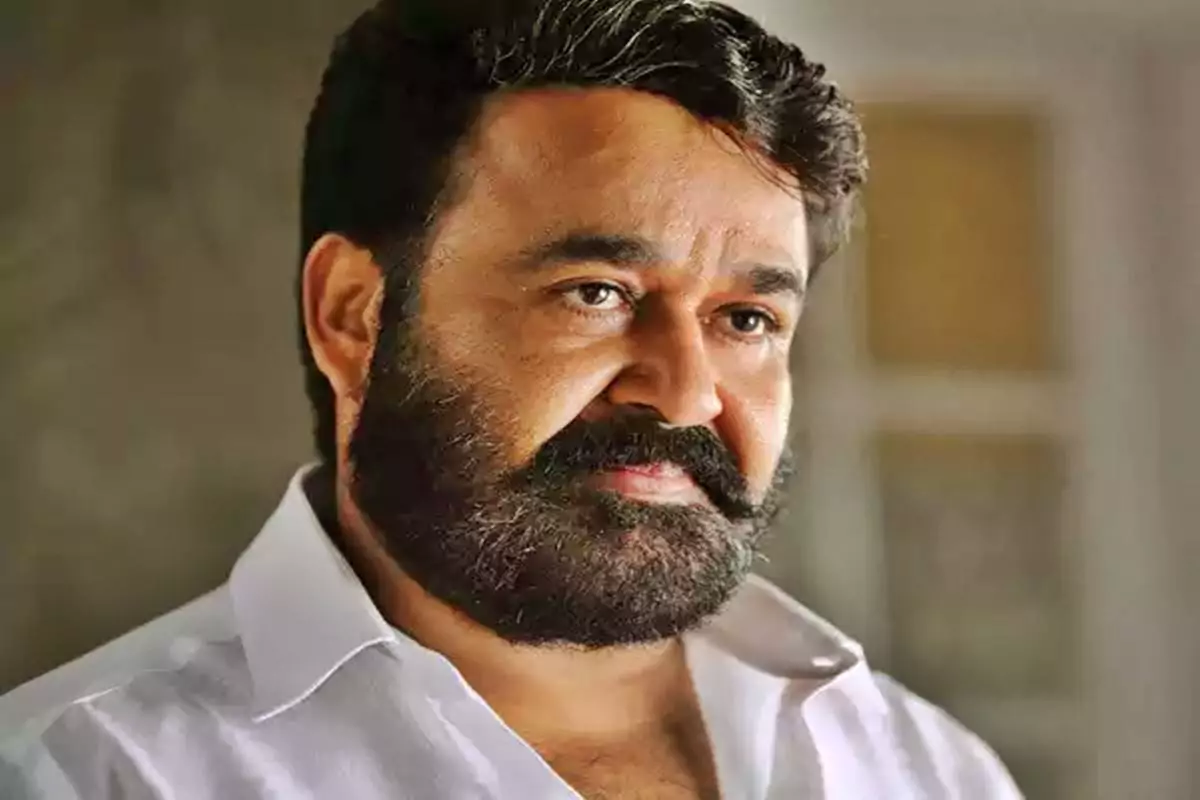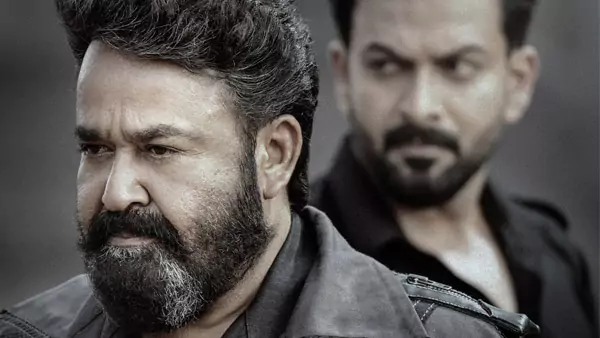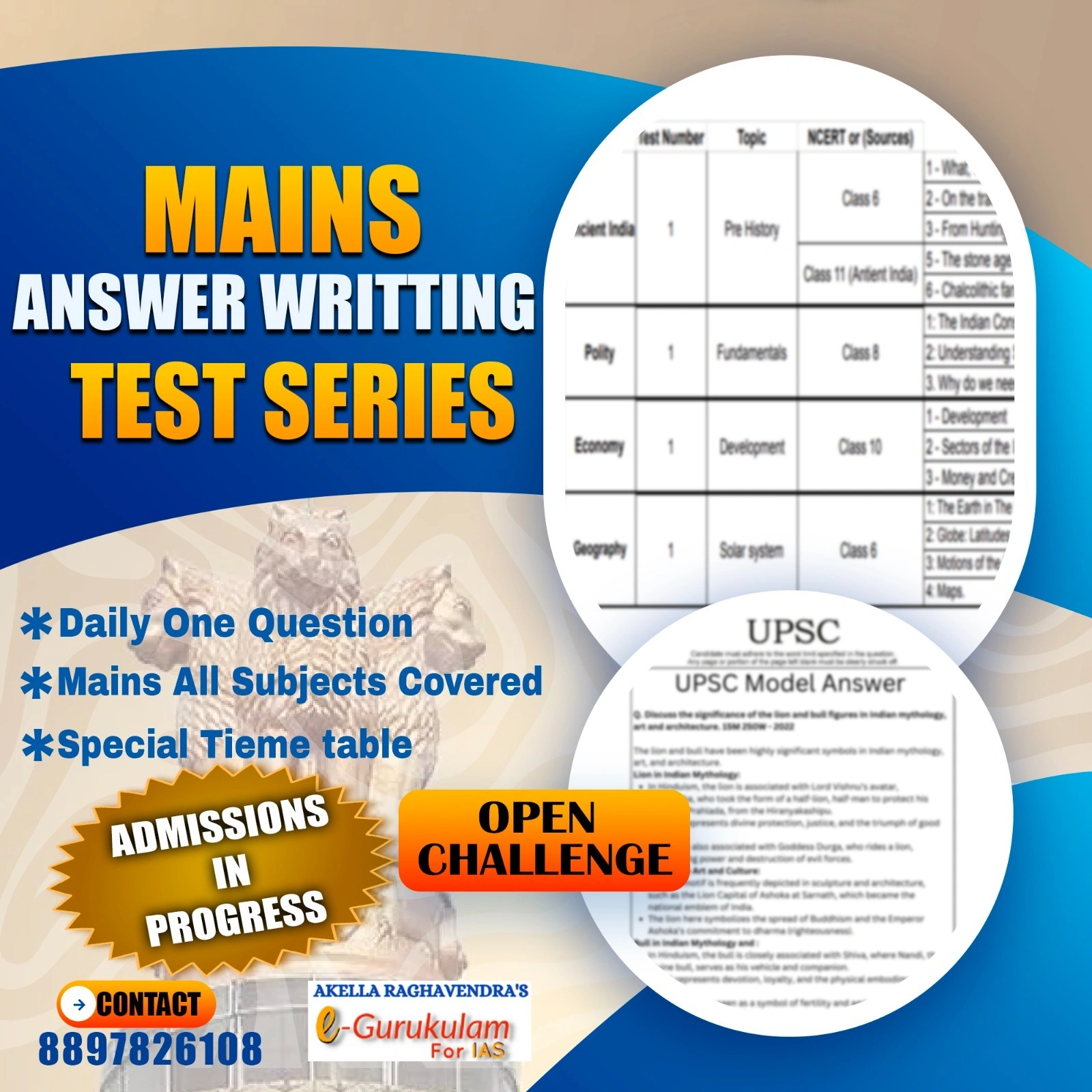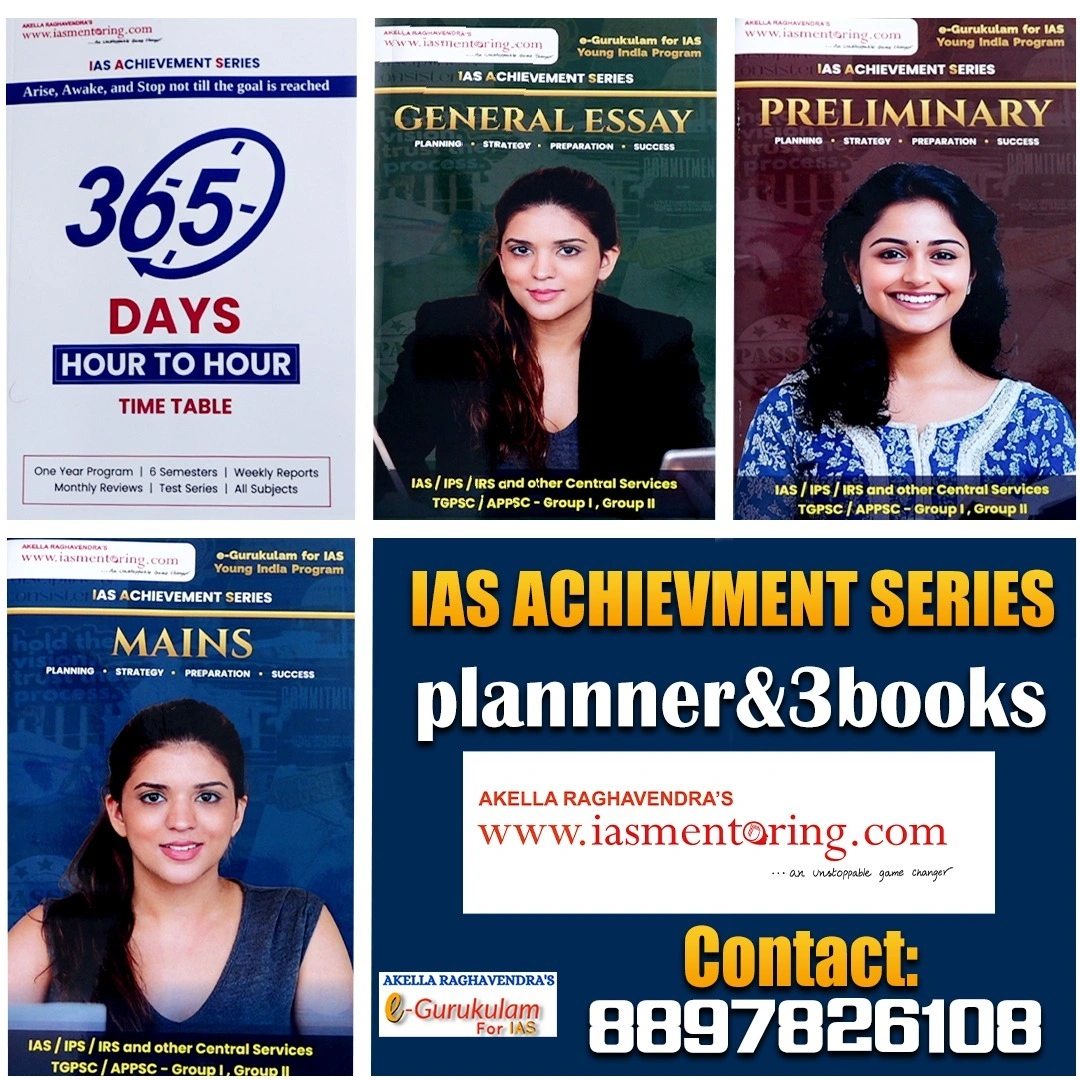Empuraan Movie Controversy
Empuraan is a Malayalam political action thriller, sequel to Lucifer (2019). Stars Mohanlal, with Stephen Nedumpally, Zayed Masood, and Prithviraj Sukumaran playing key roles. Released on March 27, 2025, and re-edited after controversy.
Controversy Focus
- The controversy revolves around the movie’s depiction of the 2002 Gujarat riots, particularly in its flashback scenes.
- Critics from right-wing groups allege the movie is biased and portrays Hindus as aggressors in the riots.
- Accusations include the distortion of historical events, showing Muslim victimization and Hindu mobs
Flashback Sequence (Central to Controversy)
- Depicts violence following a riot where Zayed’s brother is murdered.
- Shows a Muslim family fleeing mobs, attacked by sword-wielding Hindus.
- Although Gujarat is not explicitly named, the flashback is labeled as “2002 India”, making it an indirect reference.
Context: 2002 Gujarat Riots
- Sparked by the burning of the Sabarmati Express coach on February 27, 2002 at Godhra, killing 59 Hindu pilgrims.
- Led to retaliatory communal violence across Gujarat.
- Estimated 1000+ deaths, primarily Muslims.
- The Naroda Patiya massacre was one of the deadliest incidents.
- 97 killed, many women raped and children killed.
- Babu Bajrangi and others convicted in 2012 (some convictions later overturned).

Censor Board Actions & Edits
- The makers made several voluntary modifications:
- “2002 India” changed to “A few years ago”.
- Violent and sensitive scenes trimmed or removed.
- Religious structure scenes (temples, saffron flags) cut.
Censor Board of Film Certification:
There have been several instances in India where the Central Board of Film Certification (CBFC), popularly known as the Censor Board, has reacted strongly—either by ordering cuts, delaying certification, or in rare cases, effectively leading to movie bans or shelving.
- These cases often involve religious sentiments, political controversy, communal issues, or national security.
Notable Instances Where Censor Board Intervened:
Udta Punjab (2016)
- Theme: Drug abuse in Punjab.
- CBFC Action: Demanded 89 cuts, including removal of the word “Punjab”.
- Outcome: Bombay HC ruled against the CBFC, cleared the film with just 1 cut.
Padmaavat (2018)
- Controversy: Accused of distorting history and hurting Rajput sentiments.
- CBFC Action: Film was delayed; name changed from Padmavati to Padmaavat.
- Outcome: Multiple states tried to ban the film; SC overruled, citing freedom of expression.
The Kashmir Files (2022)
- Controversy: Accused of being politically biased and communal.
- CBFC Action: Approved with some minor changes.
- Outcome: Massive political debates; some states made it tax-free while others criticized its message.
Film Censorship & Constitution
| Aspect | Provision / Case Law | Explanation / Relevance |
|---|---|---|
|
Freedom of Expression |
Article 19(1)(a) |
Citizens have the right to express through films, art, literature. |
|
Restrictions on Expression |
Article 19(2) |
State can impose reasonable restrictions on specific grounds: security, morality, public order, etc. |
|
Film Regulation |
Cinematograph Act, 1952 | Legal basis for CBFC's power to certify, cut, or deny films. |
|
Religious Sentiments |
Article 25 (Freedom of Religion) | Indirectly linked when films hurt religious feelings. Balanced with public order. |
|
Landmark Judgment 1 |
K.A. Abbas v. Union of India (1970) |
SC upheld pre-censorship in cinema but warned against excessive control. |
|
Landmark Judgment 2 |
S. Rangarajan v. P. Jagjivan Ram (1989) | Freedom of expression cannot be suppressed unless the situation created is dangerous to the community. |
|
Landmark Judgment 3 |
Shreya Singhal v. Union of India (2015) | Reinforced that speech can be limited only when there is clear and imminent danger. |
|
Public Morality & Decency |
Article 21 + Article 19(2) | Courts have upheld that morality is subjective but can’t override fundamental rights lightly. |
|
Institutional Authority |
CBFC (under Ministry of I&B) | Certifies films (U, U/A, A, S), orders cuts, and can deny release if needed. |













